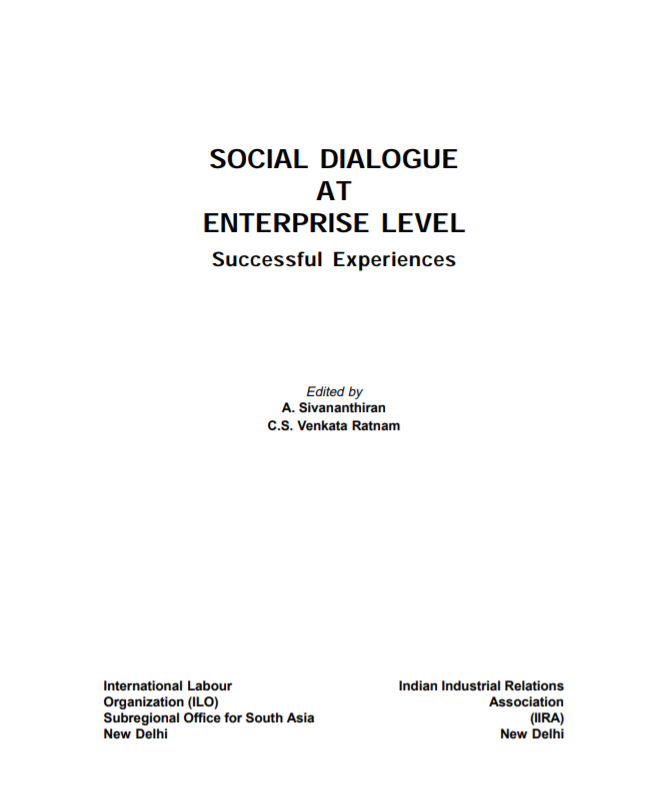
The success of national and workplace strategies to promote women’s equal opportunities and treatment in labour markets and gender equality at work are dependent on adequate and accessible maternity protection and family-friendly services and measures. Supporting workers with family responsibilities also helps fathers to be more involved in care of their children and more equally share in responsibilities in the home.
Ten case studies concern Convention No. 183 in Benin, Moldova and Morocco and the Maternity Protection Convention (Revised), 1952 (No. 103) in Sri Lanka; as well as Convention No. 156 in Australia, Chile, The former Yugoslav Republic of Macedonia, Niger, Paraguay and Ukraine.
For the original source, please click here.
